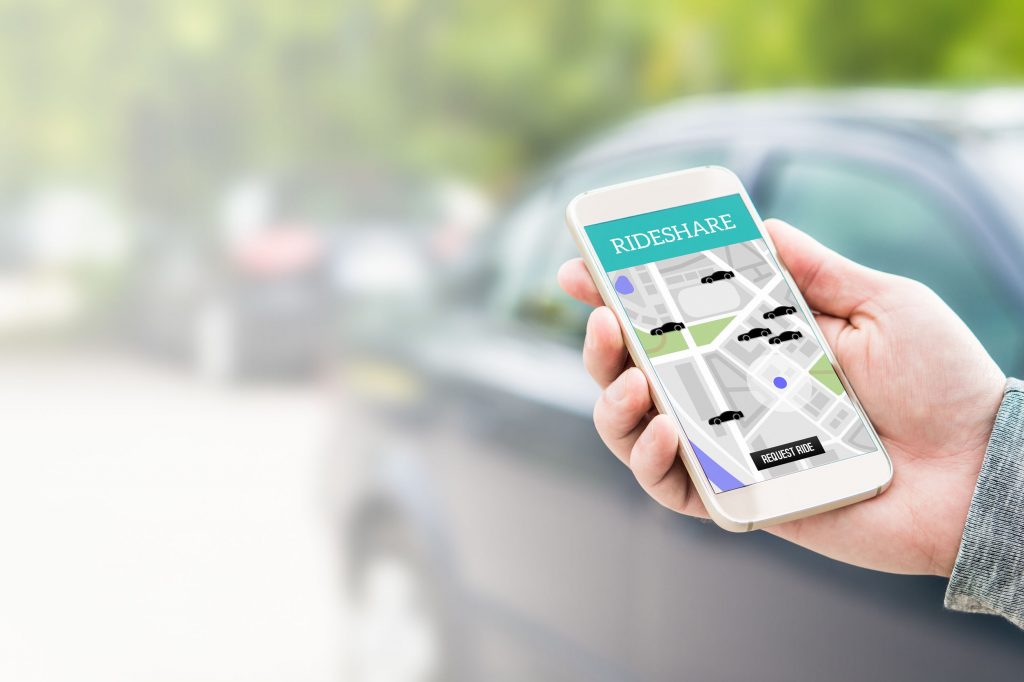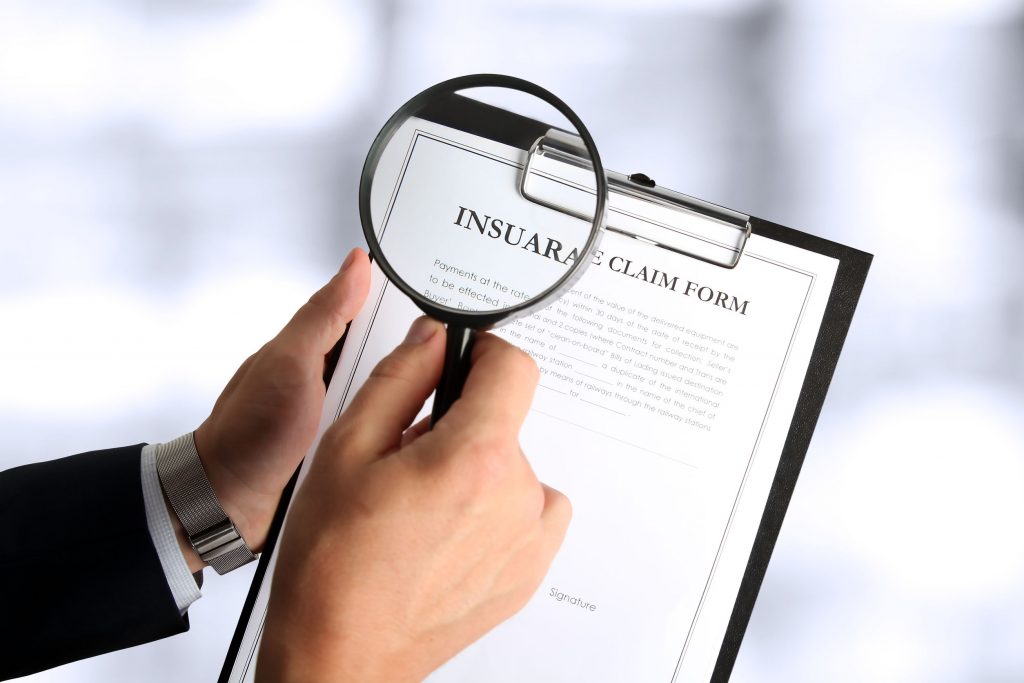
Every day, thousands of people utilize rideshare services like Uber or Lyft in the Las Vegas valley. In fact, these rideshare apps are so popular that McCarran International Airport temporarily became the most in-demand location in the world for Uber ride requests over Memorial Day weekend.
Uber and Lyft offer one of the most convenient ways to get around the large metropolitan area, but with so much traffic on Las Vegas roadways, rideshare car accidents are inevitable. Whether you’re just visiting or you live here, it’s important to understand what you should do (and what your rights are) after being injured as a passenger in an Uber or Lyft accident. Find out more information from the rideshare accident lawyers at ER Injury Attorneys.
What Do I Do Right After an Uber or Lyft Accident?
If you are riding in an Uber, Lyft, or other rideshare as a passenger and get into an accident, your first priority should be the same as in any other kind of accident: making sure the scene is safe and assessing yourself or those around you for injuries. Remember, car accidents can be a very shocking event—all the adrenaline you feel in the immediate aftermath of a wreck could mask minor or even serious injuries like whiplash, back injuries, or traumatic brain injuries.
If you’ve just been in an accident, be mindful of your surroundings. Is the car in the middle of traffic, where it could potentially be hit by another vehicle? Do you smell smoke, which could indicate a potential vehicle fire? Knowing when you should stay put in the car with your seatbelt on and when you need to evacuate can save you from exacerbating existing injuries or sustaining burn injuries.
Once you’re oriented, check yourself for any obvious injuries. Note anywhere you experience pain or discomfort. If you’re okay, check on the people around you. If you or anyone else seems injured or requests an ambulance, call 911 immediately and follow all instructions from the 911 operator, paramedics, and any other first responders if they are already at the scene.
If you’re not seriously hurt and you’re able, you can take photos of the accident scene and take down contact and/or insurance information of your rideshare driver and the driver of any other vehicles involved. This may prove to be helpful information down the line if you decide to file a Lyft or Uber passenger accident claim.
Who Is Responsible for My Injuries After a Rideshare Accident?
Because Nevada is an at-fault insurance state, normally the driver of the vehicle who caused the accident is responsible for paying damages to injured parties, including passengers. In some cases, this may be your Lyft or Uber driver, the driver(s) of the other vehicle(s), or a combination of more than one driver (if multiple parties were at fault).
Because multiple drivers and types of insurance policies may be involved in a rideshare accident claim, knowing who to contact and what kind of settlement to expect can be a little confusing, especially if you don’t live in Las Vegas. This is where a consultation with an experienced rideshare accident lawyer can be especially valuable.
Who Do I File a Rideshare Passenger Accident Claim With?

Just because you were injured in an Uber or Lyft doesn’t necessarily mean the rideshare company is financially responsible for your injuries. For example, if you’re riding in an Uber or Lyft and get rear-ended by another vehicle, you’ll most likely need to file an accident claim with that driver’s car insurance policy.
That being said, both Uber and Lyft’s insurance policies (which cover up to $1-million in property damage and injuries) will kick in if the other driver’s insurance policy is exhausted, they are underinsured, they do not carry any car insurance, or you were involved in a hit and run accident.
Note that if your rideshare driver was at fault for the accident, you may need to file a claim with their personal car insurance company first. If their personal car insurance policy includes additional rideshare insurance endorsements, you must file a claim with them and exhaust all possible coverage before filing a claim with Uber or Lyft.
Can You Sue Uber or Lyft if You Get in an Accident?
It’s possible to sue a rideshare service like Uber or Lyft after being injured as a passenger, but this is not necessarily the best legal strategy. This is because Uber and Lyft do not consider their drivers to be employees. Instead, they are considered independent contractors and thus receive fewer protections from the company, including legal protection. This loophole often prevents plaintiffs from suing rideshare companies directly.
However, if extenuating circumstances prove that Uber or Lyft’s negligence in some way contributed to your accident, you could have a case. It is highly recommended to consult a rideshare accident lawyer before taking any legal action on your own.
Injured in a Rideshare Car Accident in Las Vegas?
If you or a loved one has been injured while riding as a passenger in a Las Vegas Uber, Lyft, or taxi, you may be entitled to significant compensation for your injuries, medical bills, lost wages, pain, suffering, and more. Obtaining a fair settlement after a crash isn’t always easy, but it’s possible with the help of an experienced Uber and taxi accident lawyer.
If you lost a loved one because of the negligence of another driver, a personal injury lawyer can even assist you in securing compensation for end of life care and funeral costs through a wrongful death lawsuit.
The legal team at ER Injury Attorneys is always just one call or click away, with 24/7 availability. Contact us today by calling 702-878-7878 for a free, no obligation consultation to learn more about how we can help you. To get in touch now, connect with one of our LiveChat agents or submit your case details using this form.
